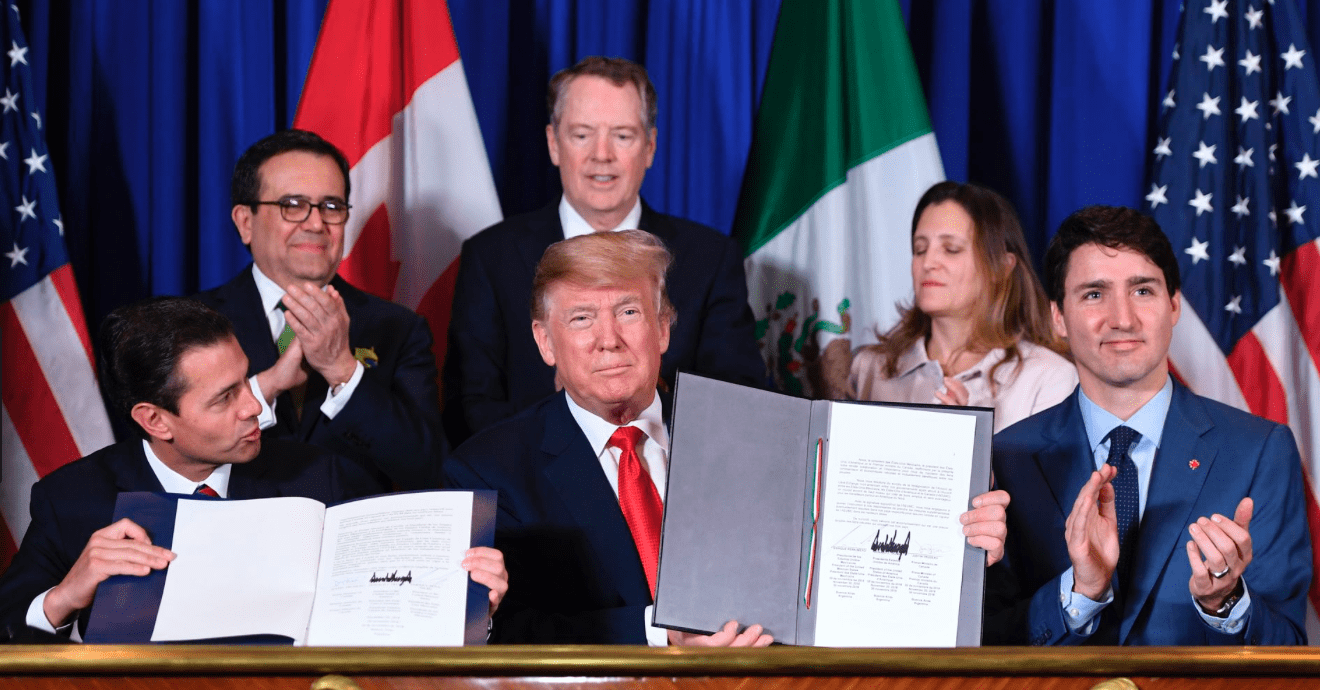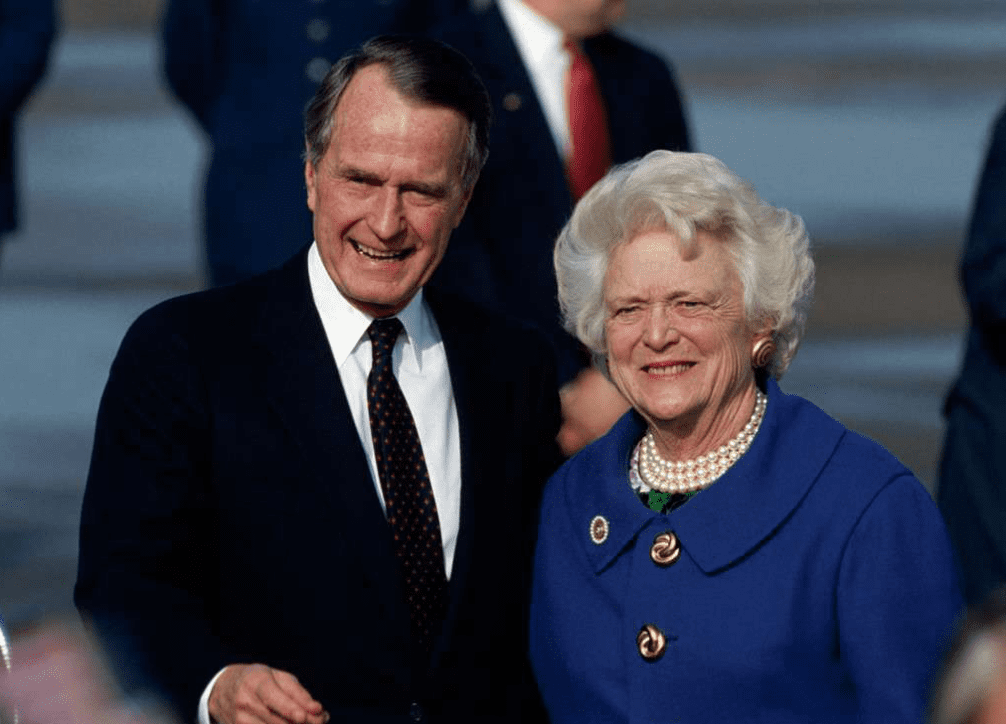The U.S., Canada and Mexico signed the same trade document, but each country is calling it something different
It took a couple of years, but the United States-Mexico-Canada Agreement, or USMCA, was finally signed on Nov. 30.
Or was it?
Let's go back a few steps.
All three leaders U.S. President Donald Trump, Canadian Prime Minister Justin Trudeau and Mexican President Enrique Peña Nieto (who was on his last day on the job) attended this hastily-arranged ceremony during the G20 summit in Buenos Aires, Argentina. They made speeches, put their signatures on three separate copies of the trade agreement and smiled for the cameras.
There's some work to be done before the USMCA officially replaces the North American Free Trade Agreement, or NAFTA. The legislatures in the three participating countries still have to ratify it.
Approval in Canada and Mexico should be relatively straightforward. The U.S. could be a bit of an issue with the Democrats winning the House of Representatives in the midterm elections, and having a caucus with several left-wing radicals who have negative feelings about Trump's agenda and/or free trade as a principle.
Nevertheless, it should be resolved in short order.
Here's the interesting thing that has been lost in this discussion. The U.S., Canada and Mexico signed the same document, but each country is calling it something different.
The USMCA, which has been the most commonly used acronym since day one, is the turn-of-phrase that Trump obviously preferred.
In our country, it's going to be known as the Canada-United States-Mexico Agreement, or CUSMA.
In Mexico, it's going to be called the Tratado entre México, Estados Unidos y Canadá, or T-MEC.
Which one is right?
Technically, all of them.
There have been occasions where countries chose to call a trade deal something different in their official government documents and files. Jim Calder, a Liberal political activist/blogger who used to be involved with the Progressive Conservatives and Conservatives, pointed out a good example. As he tweeted to me on Nov. 30, "Fun fact. The Canada-Chile Free Trade Agreement is called 'Tratado de Libre Comercio Chile-Canadá' in Chile. Seems it's fairly standard."
He's right. But it doesn't mean the practise is right.
I can obviously accept different translations for linguistic purposes. But to call a trade deal something completely different when you cross a border is rather, well, insane.
Why is it being done?
Self-importance, of course.
It's been a long-standing historical tradition and compulsion to put your country's name first on the list, even if it's the last one in the order of signatories. Canada obviously couldn't handle being in third spot (and the fourth letter) in the agreement, while Mexico came up with an acronym that gives the appearance of one country, rather than three, being part of this deal!
Naturally, it doesn't happen all the time. The 1987 Canada-United States Free Trade Agreement was originally called FTA and later shifted to CUSFTA (or, at times, CAFTA). The U.S., to its credit, never rearranged this order.
Most people will use USMCA when referring to this trade agreement.
Had the three countries started with either CUSMA or T-MEC being the widely-accepted acronym, this would have been a different discussion. Since they didn't, it's highly unlikely they will ever become part of our modern vernacular, and will only be occasionally brought up in the dusty offices of trade officials and bureaucrats.
With the exception of this column, and maybe a few other print, radio and TV references, I don't plan to use them, either. It's the USMCA and that's all there is to it.
Photo Credit: Axios
Troy Media columnist and political commentator Michael Taube was a speechwriter for former prime minister Stephen Harper.








